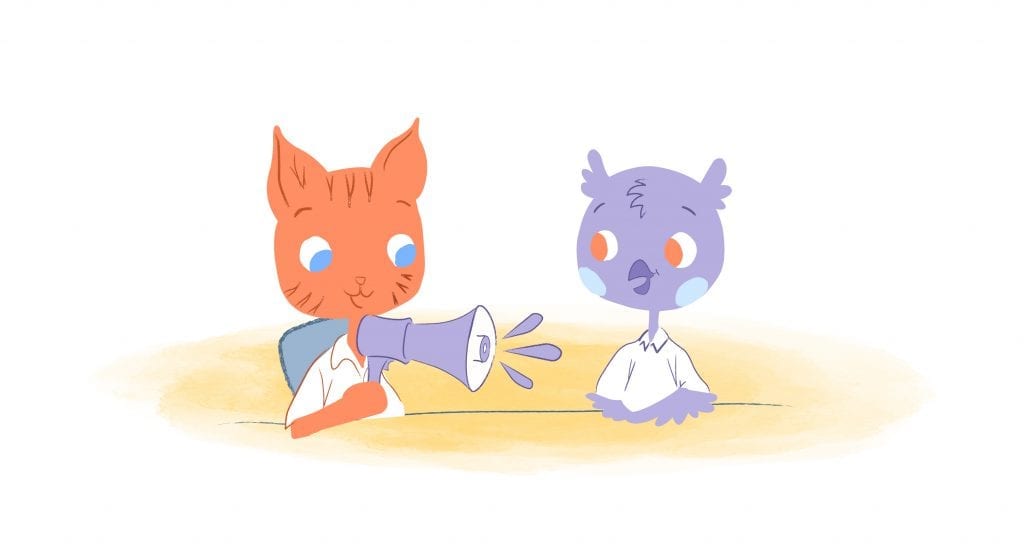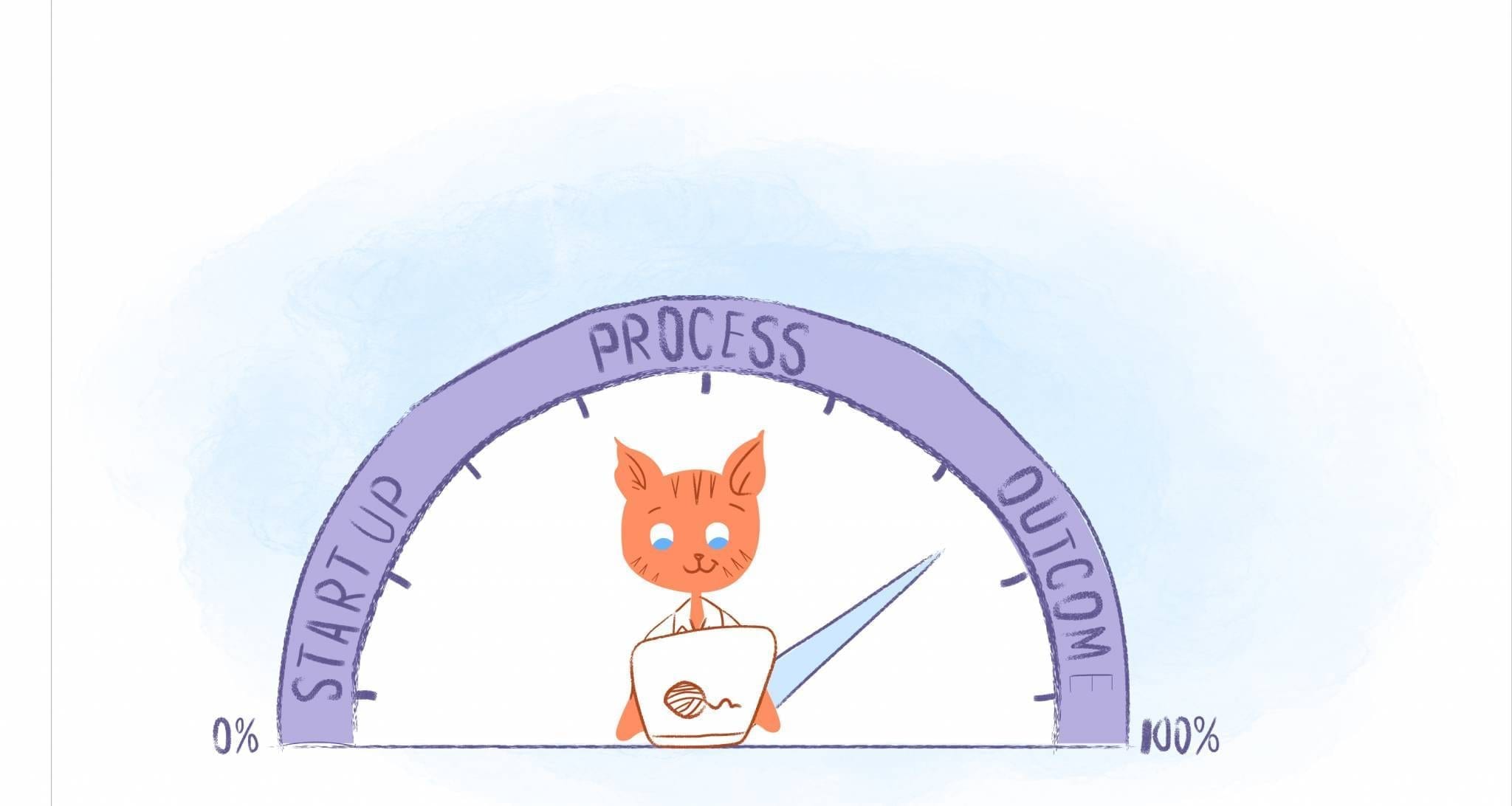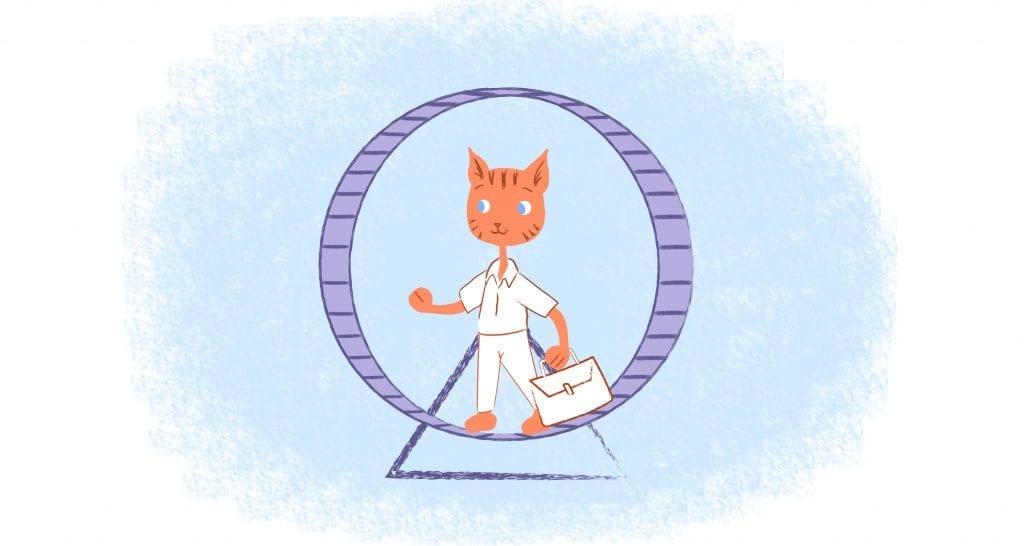

From tedious workdays to long client meetings, all too often today we get so caught up in work that we allow ourselves to become too busy to the point of stress and burnout. However, because nonstop busyness has become the norm for many people, sometimes we don’t even know when our bodies are telling us to slow down. And if you don’t check in on your health and well-being, you’ll drive yourself straight into burnout.
To avoid getting to that point, it’s important to keep your stress levels in check — and we’re not talking about the obvious things like sleep and exercise. While those are extremely important, there are other, more silent ways your body is trying to tell you it’s stressed out.
If you’re not sure, here are five ways you’re showing hidden signs of stress.
1. Junk food cravings
Overeating, especially sweets and junk food, is a direct result of stress. According to a recent study that examined the eating habits of employees, stressed out workers tend to bring their stress home with them and manifest it at the dinner table, not only overeating but opting for unhealthy foods too. The researchers came to the conclusion that eating is an activity that helps people control and relieve negative emotions, thus people feel more control through eating than they might at work. So, if you find yourself overindulging at the dinner table, maybe it’s time to take a step back and reassess your stress levels. One solution the researchers suggest for stress and overeating is simple: sleep.
2. Weird dreams
Oftentimes, a day’s stresses can follow you into your sleep. And if you’re experiencing weird dreams or even nightmares, there’s a good chance it’s from stress. In a recent study, researchers examined a group students, asking each of them about their personal lives, daily stresses and dreams to uncover a direct correlation between stressed-out students and bad dreams. The researchers found that a majority of students who said they felt upset or frustrated during a day also had dreams that night where they experienced these same feelings. However, while the researchers found a link between similar emotional feelings in real-life and in dreams, they did not come to any conclusions on whether the actual content of a dream indicated certain stress levels.
3. Eye twitches
Eye twitching, or “involuntary eyelid spasms,” can be a direct sign of stress and exhaustion. And according to Dr. Philip Rizzuto, an ophthalmologist and spokesman for the American Academy of Ophthalmology, “[They] can be caused by any number of things — an allergy, an irritation of the eyelid, crying, caffeine, anxiety, an acute emotional event.” To ease eyelid twitching, get in touch with your stress levels, cut out the caffeine and take a breather.
4. Constant thirst
Stress can often cause dehydration and constant thirst. According to board-certified family physician Dr. Robert Kominiarek, when a person is under a lot of stress, their adrenal glands pump out stress hormones. Adrenal glands, which are responsible for controlling the hormone “aldosterone” that regulates the body’s fluids and electrolytes, can eventually become exhausted and begin to cause fatigue on the body. This fatigue process will cause a drop in aldosterone levels, which make the body thirsty and dehydrated.
5. Worse-than-usual allergies
If you find yourself coughing and sneezing more than usual, it might be your body’s way of saying relax. In fact, scientists have long believed that worse-than-usual allergies have a direct relationship with high stress levels. Previous research has found that many allergic conditions can be labeled as “psychosomatic disorders,” meaning triggered or caused by a mental factor (like stress), because patients with high stress levels experience worsened symptoms of allergies compared to people with allergies and low stress levels. One explanation of this is because when a person is stressed out, their body releases the hormone “histamine,” which is the leading hormone that causes allergies. An important thing to note, however, is that stress does not directly cause allergies but worsens the symptoms.











Rose Leadem
Rose is a writer and artist living in New York City. She writes for magazines, startups and websites, including Entrepreneur Magazine, Frontrunner Magazine, Homepolish and more.